views
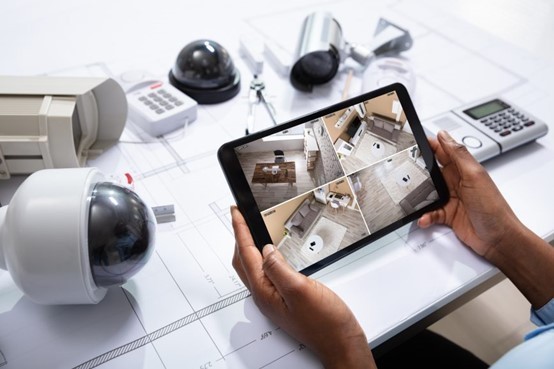
When it comes to protecting your business, selecting the right security cameras is a critical decision that can significantly influence your security strategy. With the rise in crime rates and technological advancements, the need for efficient and reliable surveillance has never been more pressing.
This article will guide you through the nuances of choosing the most suitable security cameras for your business environment.
Understanding Your Security Needs
Identifying Risks and Vulnerabilities
The first step in selecting the right security cameras involves assessing your business's specific security risks and vulnerabilities. Consider what you need to monitor: Is it to deter theft, monitor employee activity, oversee cash handling, or secure entry and exit points? Each scenario may require different types of cameras and functionalities.
Setting Objectives
Once you have identified your vulnerabilities, it's essential to set clear objectives for what you want your security system to achieve. Do you need high-resolution imagery, facial recognition, night vision, or remote mobile access?
Understanding these requirements will help you narrow down the camera features that are most important to your business.
Exploring Camera Types and Features
Different Types of Cameras
There are several types of security cameras to consider, including dome, bullet, and PTZ (pan, tilt, and zoom) cameras. Dome cameras are commonly used indoors due to their discreet appearance and harder-to-tamper design, making them ideal for retail spaces.
Bullet cameras are more conspicuous and suitable for outdoor use with a longer range of vision. PTZ cameras offer the capability to cover extensive areas, with operators able to control them remotely.
Key Features to Consider
Resolution is crucial as it determines the quality of the video feed. Cameras like Verkada Security Cameras offer various resolution options to suit different monitoring needs. Another significant feature is night vision capability, which is essential for round-the-clock surveillance. Consider cameras with infrared technology for clearer images in low light conditions.
Connectivity options such as Wi-Fi, LTE, or hard-wired connections also play a crucial role depending on the layout and infrastructure of your business. Additionally, storage options (cloud-based or on-site) can impact how and where your video data is kept.
Legal Considerations
Understanding Surveillance Laws
Before installing any surveillance system, it's important to understand the legal implications. In many regions, laws govern the use of video surveillance, particularly in areas where individuals have a reasonable expectation of privacy. Ensure compliance with local regulations to avoid legal repercussions.
Notifying Employees and Customers
Transparency with your employees and customers about the use of security cameras can help in fostering trust. It is generally required to inform through signage or direct communication that video surveillance is in operation.
Implementing Your Security System
Choosing the Right Vendor
Selecting the right vendor is as crucial as selecting the camera itself. Look for vendors that offer robust support, warranty, and service agreements. It's important to choose a reliable company that can provide updates and maintenance as needed.
Installation and Integration
Proper installation is crucial for ensuring your cameras function as intended. Professional installation can help in setting up the system correctly and integrating it with your existing security setup.
This may include linking your cameras to a central monitoring system or mobile app for real-time surveillance.
Maintenance and Upgrades
Regular maintenance is necessary to keep your security cameras in optimal working condition. Schedule regular inspections and maintenance checks to ensure all components of your security system are functioning properly.
As technology evolves, so should your security system. Keep an eye on new advancements and consider upgrades that can enhance your surveillance capabilities and integrate more seamlessly with your business operations.
Conclusion
Choosing the right security cameras for your business requires a detailed understanding of your security needs, the types of cameras available, and the specific features that will meet your objectives. By carefully considering these factors, you can ensure that your business is protected with a surveillance system that provides peace of mind and robust security. Remember, the right approach and the right equipment, like Verkada Security Cameras, will form the cornerstone of your business's security strategy.














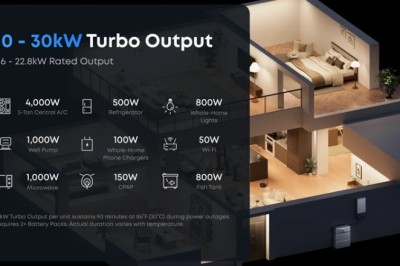
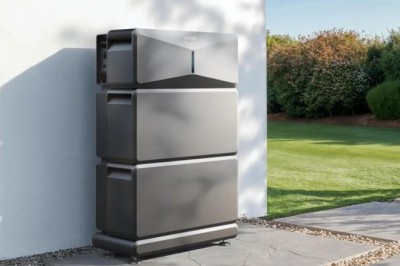

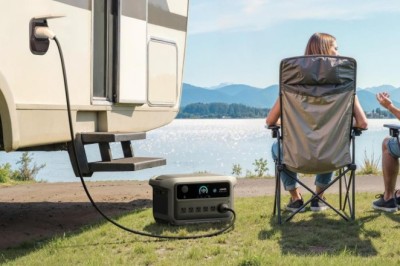



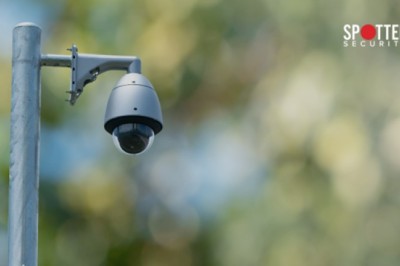


Comments
0 comment